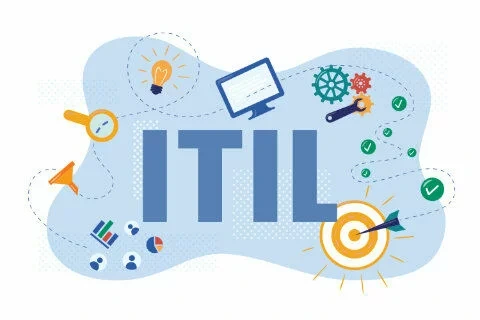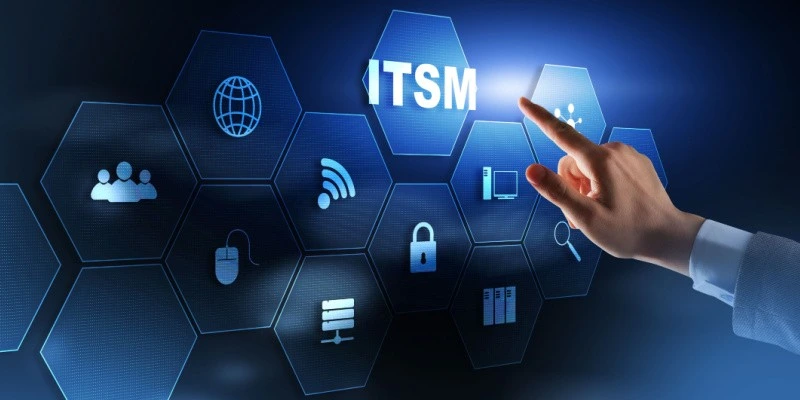Introduction to Service Operation:
- The purpose, objectives and scope of service operation
- The value to the business
- The context of service operation in the ITIL® Service lifecycle The fundamental aspects of service operation and the ability to define them
Service Operation Principles:
- The basic conflict between maintaining the status quo and adapting to changes in business needs
- Understanding operational health
- Need for good documentation
- Need for good communication including communication strategy
- Service Operationâs input and output
Service Operation Processes:
- The main processes of Service Operation will be extensively covered, highlighting their operational and interactions between these processes. Service Operations include 4 main processes which are Event Management, Incident Management, Request Fulfillment and, Access Management.
Common Service Operation Activities:
- Common activities of Service Operation are coordinated for the ongoing management of the technology
- Monitoring, Reporting and Control contributes to ongoing management of the services and the technology
- How the operational activities of processes covered in other lifecycle stages contribute to service operation.
- How IT operations staff should look for opportunities to improve the operational activities
Organizing for Service Operation:
- Role, objectives and activities of each of the four functions of service operation: ( Service Desk, Technical Management Function, IT Operations Management, Application Management )
- Service operation roles, responsibilities and structure
Technology Considerations:
- The generic requirement of Technology that support service management
- The specific technology required to support the service operations process and functions
Implementation of Service Operation:
- The roles and responsibilities related to capacity, availability, ITSCM and information security management, how they fit and are used within the service design organization to support PPO
Technology and implementation considerations:
- Specific issues relevant to implementing service operation including
- Managing Change in Service Operation
- Assessing and Managing Risk
- Operations Staff involvement in Service Design and Service Transition
- Planning and implementing service management technologies within a company
Challenges, critical success factors and risks
- The challenges, CSFâs and Risk related to Service Operations





























.webp)


